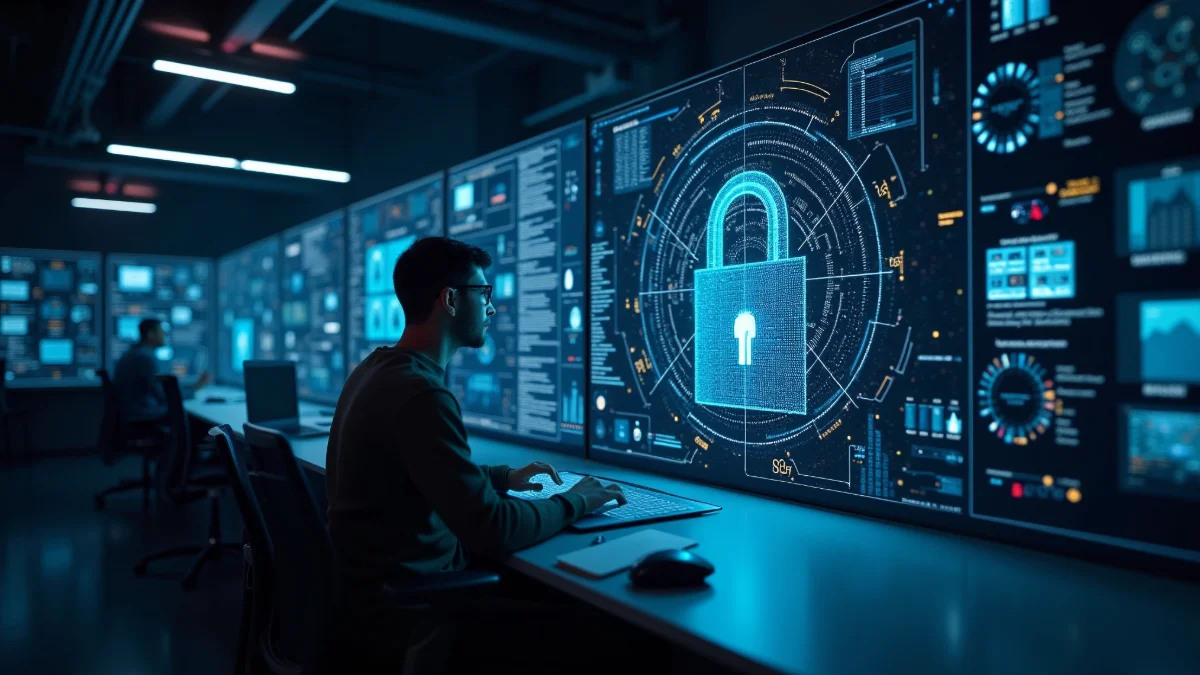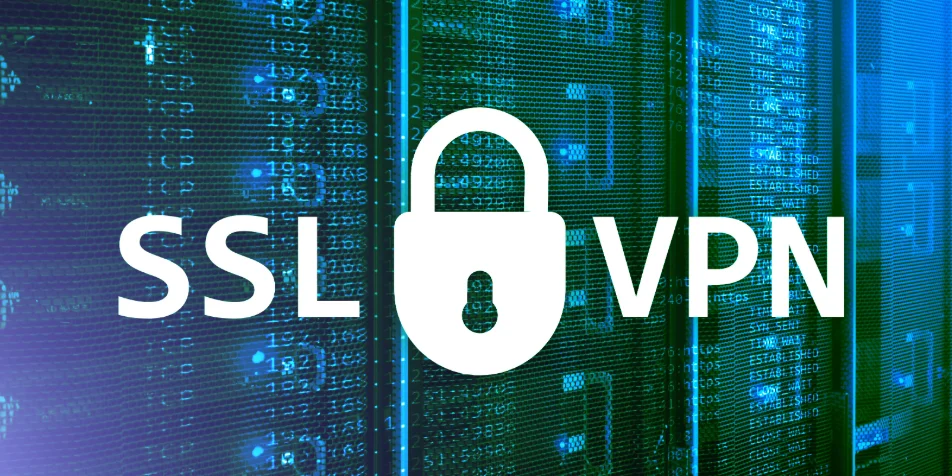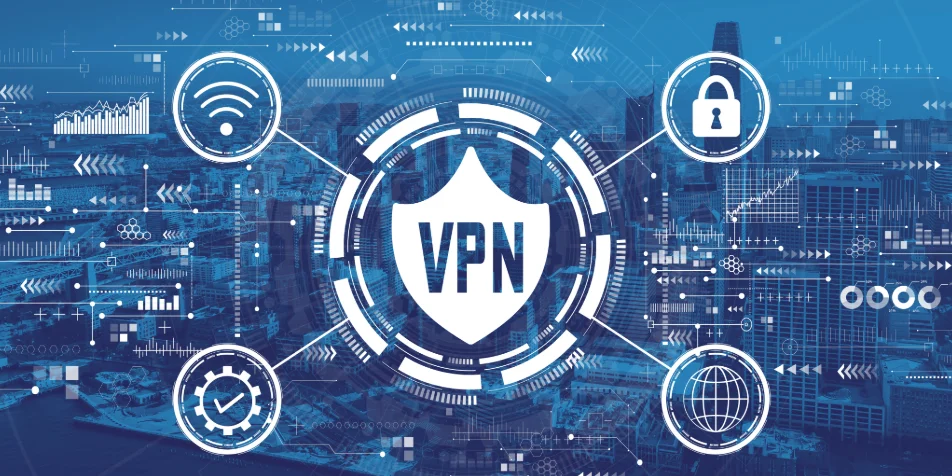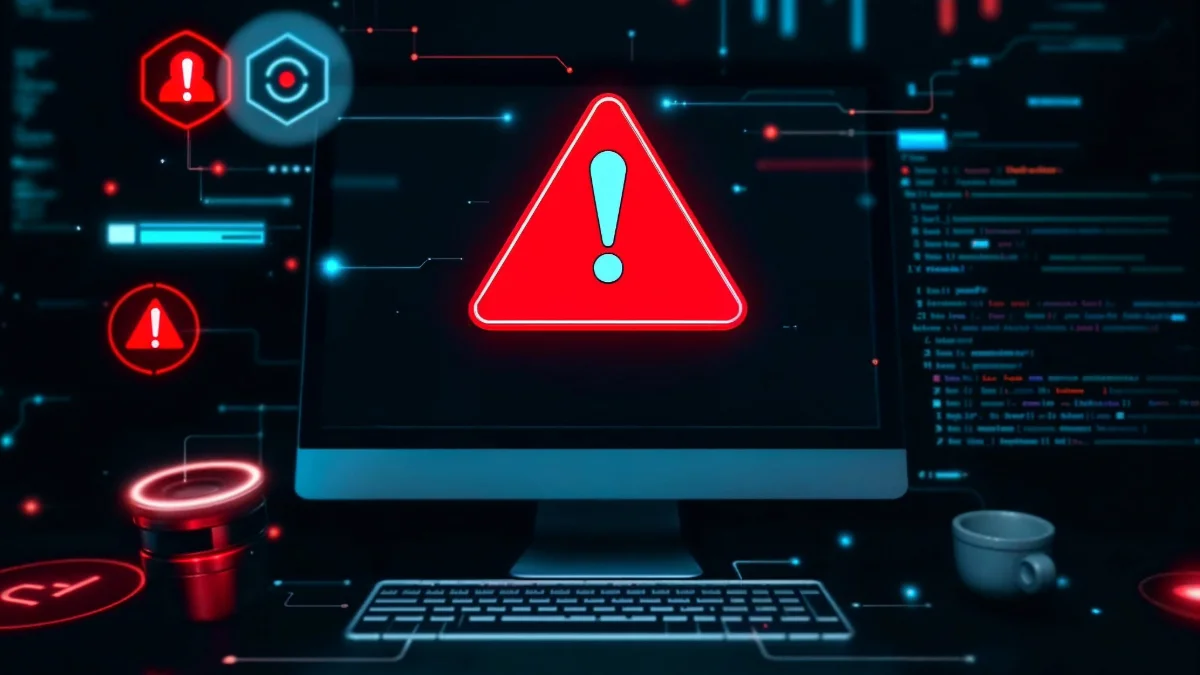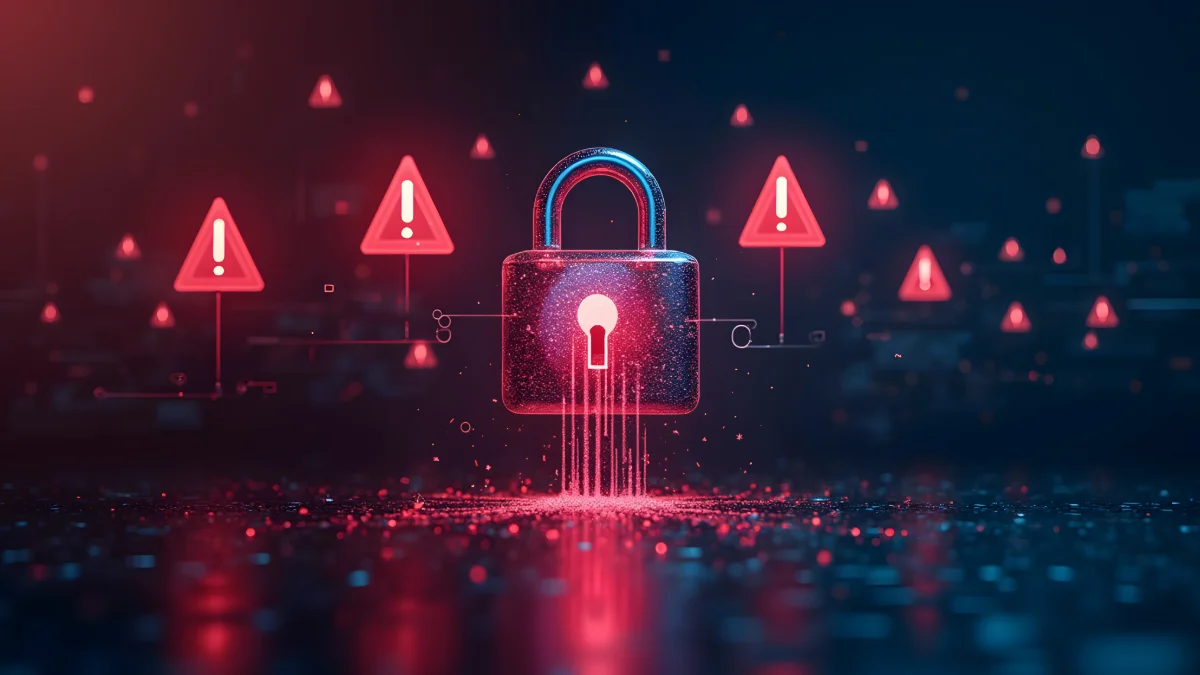1.
How Does a VPN Work?
VPN stands for “Virtual Private Network.” A VPN is a technology that secures communication over the internet. By turning a public internet connection into a private network, it provides online privacy and anonymity. It does so by creating a secure “tunnel” between devices, encrypting all data passing through. This adds an extra layer of protection against cyber threats, surveillance, and data theft. For businesses, VPNs not only enhance security but also allow employees to securely access the corporate network remotely. Especially in today’s remote work era, VPNs have become a necessity rather than an option. In this article, we’ll explore frequently asked questions such as what is a VPN, how to set it up, and how to use a VPN.
The working principle of a VPN can be summarized as follows: It creates a secure tunnel between your device and the internet. Through this tunnel, data packets are encrypted and rendered unreadable to third parties. When using a VPN, your real IP address is hidden, and the VPN server’s IP is shown instead. This not only increases security but also helps bypass geo-restrictions. The encrypted data is routed through the VPN server before reaching the destination server. During this process, the data remains protected and inaccessible from external threats. For businesses, this mechanism is critical for safeguarding internal communication and sensitive information.
2.
What Is a VPN Used For?
The answer to what is a VPN used for depends on whether it's for personal or business purposes. In general, VPNs serve the following functions:
Ensure a Secure Internet Connection
One of the main reasons companies use VPNs is to secure their internet traffic. VPNs encrypt internet traffic, ensuring safe data transmission. Even on public Wi-Fi networks, the risks of data theft and surveillance are significantly reduced.
Enable Secure Remote Work
The shift to remote work during the pandemic has led to a significant increase in VPN usage among businesses. VPNs enable remote employees to securely connect to the corporate network from anywhere.
Bypass Geo-Restrictions
As explained in the how VPNs work section, a VPN connection masks your real IP address and shows the VPN server’s IP. This allows connections via servers in different countries, helping users bypass region-based restrictions and access blocked websites.
Protect Sensitive Data and Information
Business-critical data such as financial records and customer information can be encrypted using a VPN, providing protection against cyberattacks. With GlassHouse’s Network and Security Solutions, you can modernize your network infrastructure and ensure robust security.
Facilitate Network Monitoring and Management
Enterprise VPNs allow businesses to monitor and manage network traffic, helping enforce security policies and maintain data flow control.
Access Blocked Websites
For personal use, one key VPN usage scenario is accessing websites that are restricted due to geo-blocking. For example, VPNs can help you access Wikipedia, YouTube, and other websites that may be restricted in certain regions.

3.
Types of VPNs
Different VPN types are available to meet the specific needs of businesses. These include:
- Site-to-Site VPN: Securely connects different office locations within an organization.
- SSL VPN (Secure Sockets Layer VPN): Ideal for remote offices or employees. It typically works via a web browser without needing extra software installation, allowing users to easily access the corporate network.
- Client-to-Server VPN: Enables individual users or employees to securely connect to the company server or corporate network. Each client device connects to a central VPN server, with end-to-end encryption of all traffic.
- MPLS VPN: A Layer 3 VPN solution managed by service providers, designed for secure, high-speed data transmission across large-scale enterprise networks.
4.
Are VPNs Safe or Dangerous?
Questions like are VPNs dangerous or safe are common. VPNs encrypt data to protect against eavesdropping and malicious attacks, especially on public Wi-Fi or during remote work. However, a VPN’s primary function is to mask IP addresses and encrypt traffic. This means it won’t protect you from threats like trojans, bots, malware, spyware, or viruses. That’s why businesses must pair VPNs with dedicated security products! Explore Fortinet’s industry-leading portfolio for network, data center, cloud, and endpoint protection, all backed by GlassHouse expertise.
As for the is VPN safe question: if you’re an individual using various VPN applications, beware of untrustworthy VPN providers. These providers may log your data or share it with third parties. Wondering about other VPN risks? Free VPN apps can slow down your internet connection, leading to performance issues. Also, is VPN legal or is VPN use banned? In some countries, VPN use is restricted or prohibited—so be cautious when using VPNs internationally.

5.
Security Tips for Business VPN Use
- Choose a Trusted, Enterprise-Grade VPN: Using enterprise-level VPN solutions is critical for businesses.
- Use Up-to-Date Software and Protocols: Prefer secure protocols like OpenVPN or WireGuard.
- Monitor and Manage Regularly: Continuously monitor VPN traffic to reduce risk exposure.
- Implement Multi-Layered Security: Complement VPN with antivirus, firewalls, and MFA for added protection.
6.
How to Set Up a VPN?
If you're an individual or a business looking to set up a VPN, here are two separate step-by-step guides:
VPN Setup for Businesses and Organizations
- Identify the most suitable VPN type based on your business needs.
- Select a reliable VPN provider or configure your own VPN server using secure server software.
- Install the VPN software on your server.
- Create user accounts and set proper permissions.
- Configure encryption protocols and security settings.
- Install VPN client software on user desktops or mobile devices.
- Enter necessary connection details like server address, username, and password.
- Establish the VPN connection and test data transfer.
- Review access rights and connection performance.
- Ensure there are no security vulnerabilities or data leaks.
- Regularly monitor VPN traffic and activity logs.
VPN Setup for Individuals
- Although free VPNs may seem appealing, they can pose security risks. Choose a reputable VPN provider.
- Sign up on the provider’s website.
- Select a plan and activate your subscription.
- Download the Windows or Mac desktop application.
- Install the iOS or Android mobile app via App Store or Google Play.
- Follow the in-app installation instructions, which may include user confirmations.
- Once installed, open the app and sign in.
- Select a server location by country.
- Click the “Connect” button.
- Verify that your IP address has changed once connected.
- Run a speed test to evaluate connection performance.
- If security is a priority, run a DNS leak test.
- Adjust server and security settings according to your usage preferences.
Looking for more on DNS? Check out our article titled “What Is DNS?” for in-depth insights!
